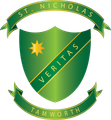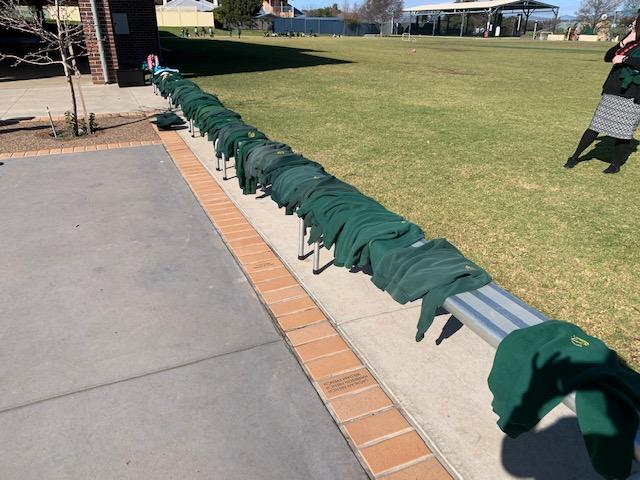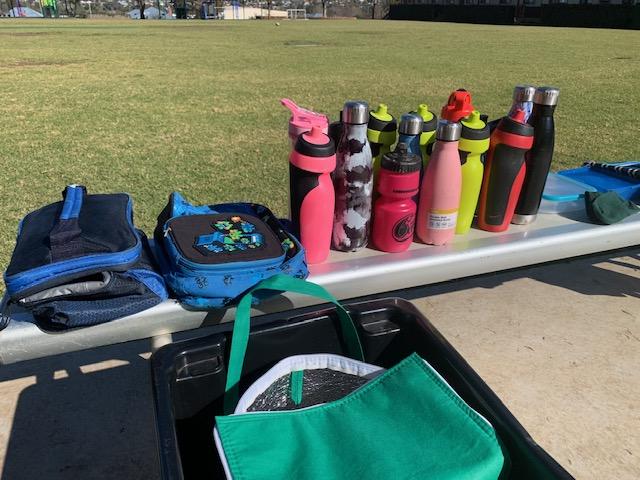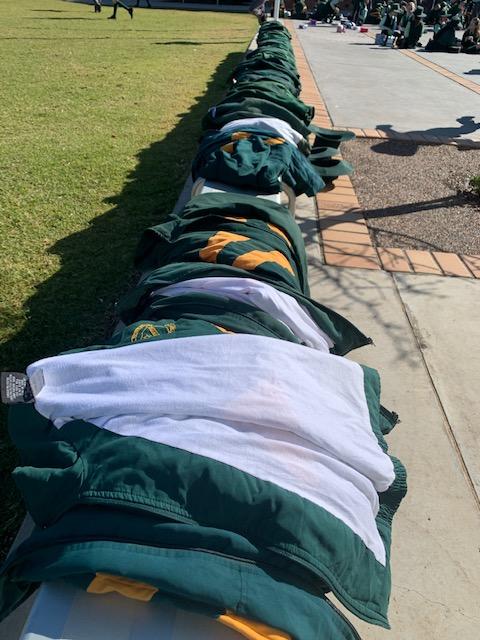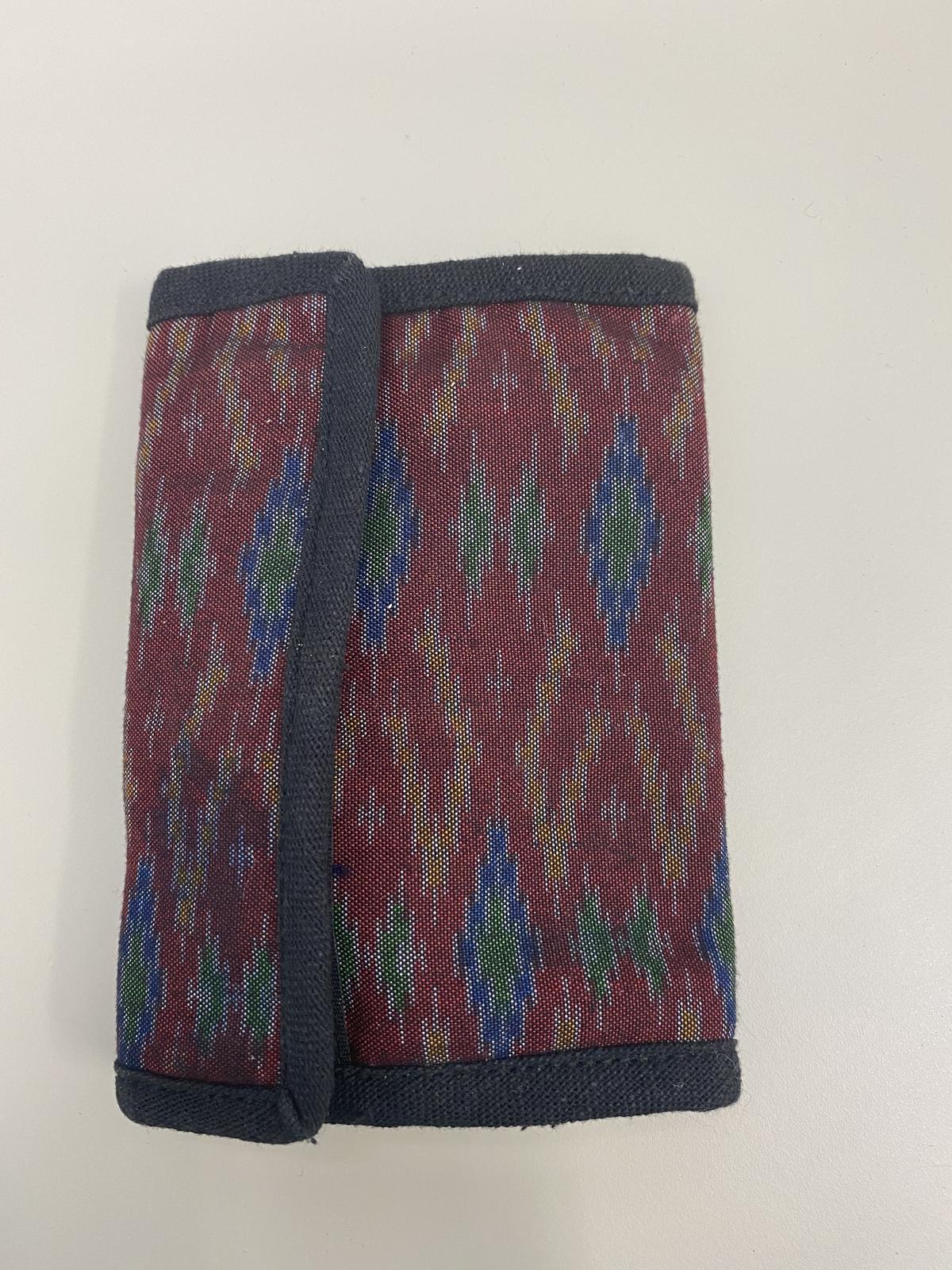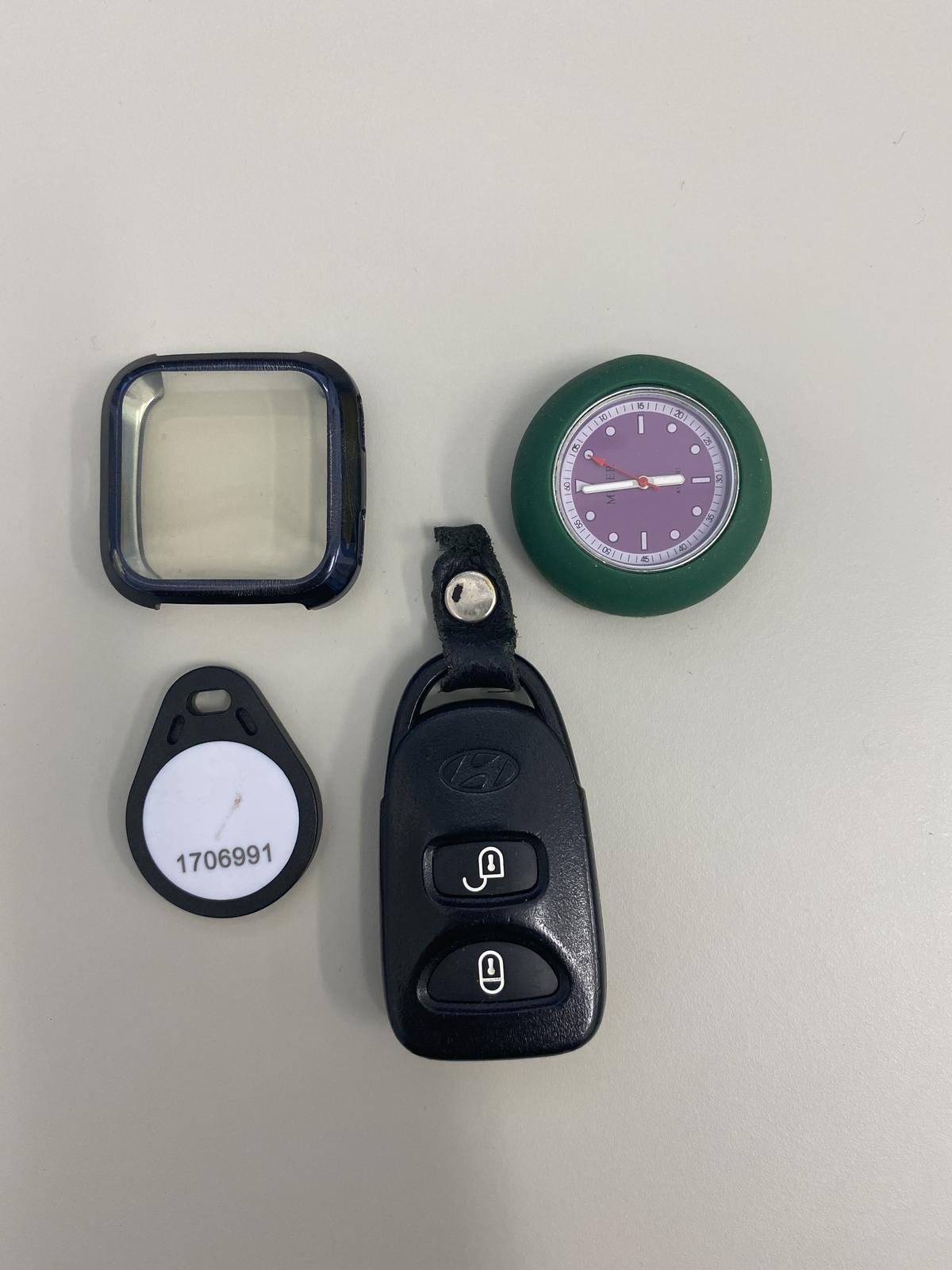GENERAL NEWS

SCHOOL PHOTOS
We have rescheduled the dates for our annual School Photos. School Photos will be taken over two days on Tuesday 1st & 2nd of September. All students will need to be in their full school winter uniform on both days.
CHICKEN POX
We have been alerted to a few cases of chicken pox within the school and ask that parents remain vigilant to the symptoms.
Time for Exposure to Illness
10 to 21 days (usually 14 to 16 days)
Symptons
Slight fever, runny nose and a rash that begins as raised pink spots that blister and scab.
MANNERS MATTER at St Nicholas School not just sometimes but all the time
Here at St Nicholas School we are revisiting this most basic of social skills: good manners. We want our students to be model citizens in all facets of life and good manners is a positive form of behaviour that stands individuals in good stead for a lifetime. We make no apologies for setting high expectations in the area of good manners.
The following are examples of what we mean when we say "Manners Matter"
1) Eye contact: We look at people when they are speaking or when we are engaging in conversation. It shows the person they have your full focused attention.
2) Addressing people by name: We always use a person's name when addressing, greeting and engaging in dialogue with them. This demonstrates a respect for that person's individual identity as a human being.
3) Saying PLEASE and THANK YOU when we ask for and receive things.
Please work with our school on good manners by discussing these manners of focus with your child and modelling them at home. We must also be consistent in making children accountable when they do not use correct manners by gently pulling them up and bringing their lack of manners to their awareness.
4) Saying "excuse me" when we need to interrupt a conversation or upon entering an office or room.
5) Waiting patiently
Sometimes it is necessary to wait when playing games, at the canteen, in class and in the office. It is important to practise patience and to remain calm. In time, our turn will come round and our needs will be satisfied.
6) If you touch someone, you've gone too far. These words say it all.
GRANDPARENTS DAY
Unfortunately given the current circumstances around COVID restrictions we will need to cancel our annual Grandparents Day celebration.
LATE ARRIVALS
We cannot stress enough the importance of getting your child/ren to school on time every day. There has been an alarming increase of students arriving at the school over the start time of 8.45am. Students arriving at school late has an impact on the students themselves, the class and the teacher, not to mention the valuable learning time the students are missing if this is a regular occurrence. Please support us in ensuring your child/ren arrive at school before 8.45am.
LOST PROPERTY
Please .... please, check that you have written your child's name on all belongings. Items which have not been claimed will be put into our clothing pool.
Can we also ask you to check if your child has inadvertently brought home a black glasses case? We are missing one in Year 5. Many thanks.
In addition to uniforms, there are also a number of items of lost property that have been handed in at the front office. Can you please check the pictures below to see if you recognize any items. Anything that has been unclaimed from office lost property by the end of Term 3 will be donated to charity.
COMMUNICATION WITH SCHOOL
Our office is open between 8.00am and 4.00pm each day. For any queries, the most efficient way of contacting our staff during this time is via email.
admin@stnicholastamworth.catholic.edu.au
jgrady@arm.catholic.edu.au
SUPERVISION OF STUDENTS
All parents need to be aware our supervision of students
does not begin until 8.15am each day.
We are increasingly concerned that children are being dropped off and left on their own, unsupervised by parents before this time - often up to half an hour earlier. This is not a safe or acceptable practice. Currently students are expected to come in and sit in the Holy Family Courtyard unsupervised and wait. We cannot be responsible for any accident or potentially harmful incidents occurring. Please organise alternative care for your child if your child requires supervision before 8.15am.
SCHOOL BANKING
The Commonwealth Bank School Banking program will recommence during Term 3. Further updates will be provided.
RESISTANCE WORDS TO AVOID WHEN TALKING TO CHILDREN
Below is an article from www.parentingideas.com.au by Dr Michael Grose, founder of Parenting Ideas and one of Australia's leading parenting educators.
Our choice of words when communicating with kids makes a huge difference when trying to get their co-operation. The more we push a child who is resistant, the more likely they are to push back and display greater opposition.
Sometimes one word can cause a child to fold their arms and thrust out their jaw in ‘you-can’t make-me’ defiance. Let’s take a look at some words that invite resistance, especially from strong-willed children who like to have their own way.
Resistance words
- Must – for example “You must be on time!”
- Never – for example “You should never be rude to your teacher.”
- Always – for example “You should always clean your teeth before bed.”
- You – for example “You need to go to bed now!”
- Don’t – for example “Don’t yell at your brother.”
Why they invite resistance
‘Must’, ‘Never’ and ‘Always’ are absolute terms. They cannot be modified in any way. Absolute terms invite resistance from children and young people who do not like to be told what to do. Strong-willed children and young people often view these terms as open invitations to resist. If you have more than one child there is a good chance you have one of these children. If you were to say ” You must be nice to your brother”, a young resister thinks “We’ll see about that”.
Healthy alternatives
To help with this, you can replace absolute terms with more moderate alternatives that don’t back a child into a corner. For example:
- Try “Please be on time” rather than “You must be on time.”
- Try “It’s best to be polite to your teacher” rather than “You should never be rude to your teacher.”
- Try “Clean your teeth before bed” rather “You should always clean your teeth before bed.”
Let them know what you will do
Many children do not like to be told what they should do. They like to think they are calling the shots. These children are not misbehaving – they just want to feel that they are in control. Which means sometimes, their instinct to resist becomes greater than their desire to follow. Instead of telling your child what to do, let your child know what you will do. It’s a subtle but powerful shift. For example:
- Try “I’m saying good night now” rather than “Go to bed now.”
- Try “I’ll put the meal on the table when it’s set” rather than “Set the table!”
- Try “I’m driving you to school at 8.30” rather than “Get ready by 8.30.”
You need to follow through if this is to be an effective use of language.
Avoid ending an instruction on a negative
Ending an instruction on a negative only drives the negative behaviour deeper into the sub-conscious mind of your child. Saying “Don’t yell at your brother” will ensure that your child will keep yelling again and again. Instead, say the behaviour you’d like in positive terms. For example say: “Speak quietly to your brother” rather than “Don’t yell at your brother.” If you can’t eradicate “Don’t” then develop the habit of ending on a positive. For example: “Don’t yell at your brother. Speak quietly.”
Words matter
Your choice of words makes a huge difference in terms of getting co-operation from more challenging kids.
Of course, some parents believe that their kids should always do as they say, so their language is peppered with absolutes and negatives. This invites resistance and can lead to an ongoing battle between parents and children. If this is the case, then maybe the language you use could benefit from a little tweak.
